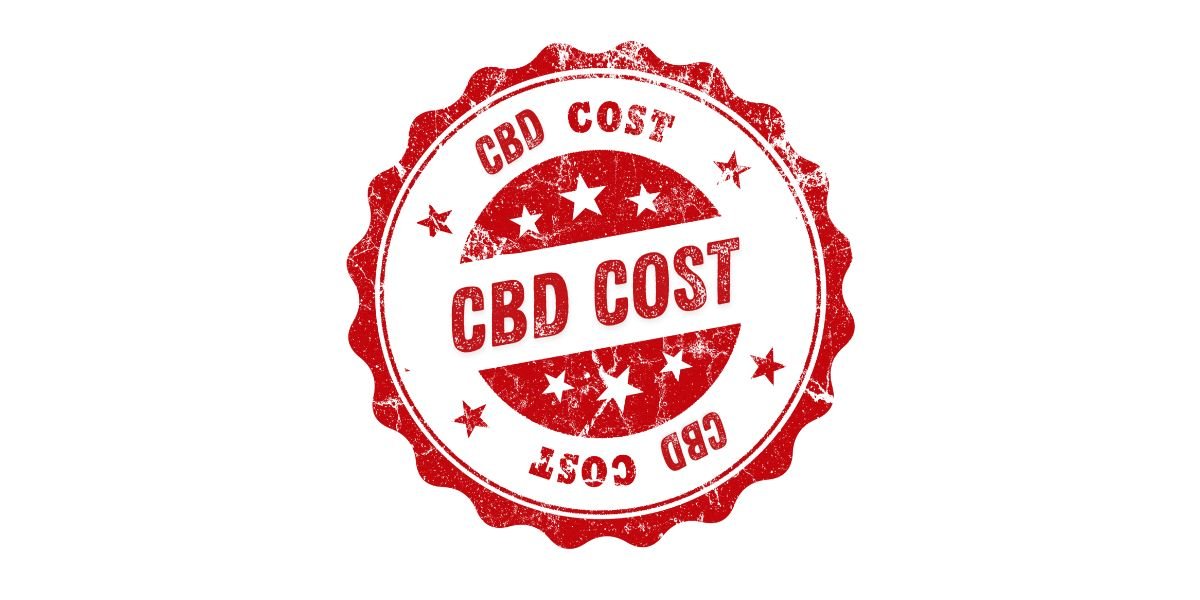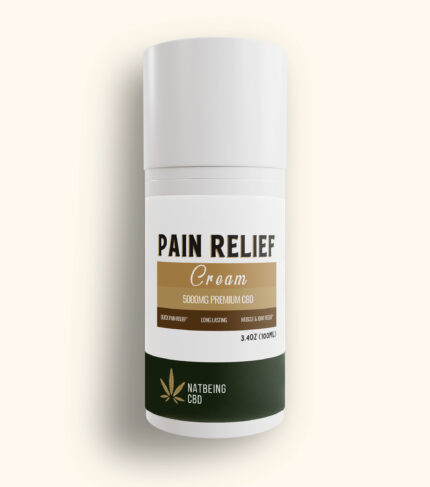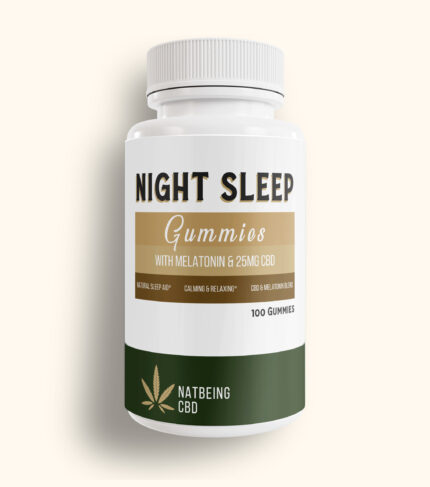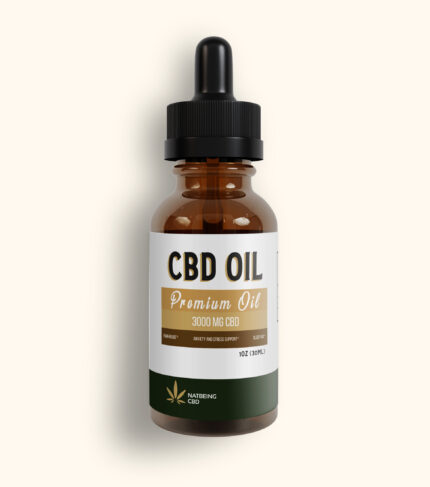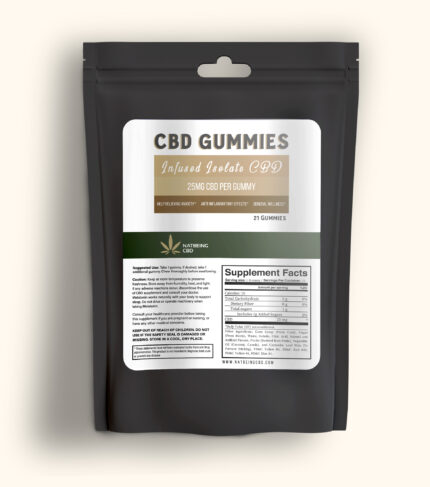
Blog
CBD in supplements is a hot topic. People want to know what the FDA says.
The FDA plays a key role in regulating supplements, including those containing CBD. Their stance can affect what products are available and how they’re used. Understanding the FDA’s position helps consumers make informed choices. Recently, CBD has gained popularity for its potential health benefits.
This growth has sparked interest and confusion. Many wonder how safe and effective these products really are. The FDA’s guidance helps clarify these concerns. It provides a framework for how CBD can be used safely in supplements. In this post, we explore the FDA’s current views. You’ll learn how their regulations impact the CBD market and what it means for consumers.

Credit: hemptoday.net
Fda’s Position On Cbd
The FDA’s stance on CBD in supplements is complex. CBD has gained popularity for its potential health benefits. Yet, its inclusion in dietary supplements remains a debated topic. The FDA plays a crucial role in regulating these products. Understanding their position helps consumers make informed choices.
Regulatory Challenges
The FDA faces significant challenges with CBD regulation. CBD derived from hemp is legal under federal law. But adding it to supplements presents hurdles. The agency grapples with ensuring safety and efficacy. Many products lack standardized testing. This makes it hard to guarantee quality. The FDA works to protect consumer interests. They strive to maintain product integrity.
Current Guidelines
The FDA’s current guidelines on CBD are strict. CBD is not approved in dietary supplements. The agency has issued warning letters to companies. They caution against unverified health claims. Accurate labeling is a major concern. Misleading labels can harm consumers. Companies must follow FDA guidelines. Violations can lead to penalties.
CBD products must meet specific criteria. This ensures consumer safety and product reliability. The FDA monitors these standards closely. Their goal is to safeguard public health.
Cbd Supplement Market
The CBD supplement market is growing rapidly. Consumers are increasingly interested in CBD. They are drawn by potential health benefits. The FDA has been closely monitoring this trend. Its regulations impact market dynamics and growth. Understanding these can guide both consumers and businesses.
Growth And Trends
The CBD market shows remarkable growth. More brands are launching new products. This boosts variety and competition. Consumers now have many options. This growth is fueled by research and development. Companies invest in creating diverse supplements. From oils to gummies, choices are vast.
Trends show increased interest in natural remedies. CBD fits well in this category. People prefer natural over synthetic supplements. This shift boosts CBD’s popularity. The market is expected to expand further. As awareness increases, demand grows.
Consumer Demand
Consumer demand for CBD is strong. Many seek relief from stress and pain. They consider CBD as a potential solution. This demand drives market expansion. People are looking for safe alternatives. They want supplements that support well-being.
CBD’s versatility appeals to many. It is used for relaxation and sleep. Consumers appreciate its broad applications. This increases its appeal in the supplement market. As more try CBD, its popularity spreads. This fuels further demand and market growth.
Safety Concerns
The FDA raises concerns about CBD in supplements, emphasizing safety and quality. Potential risks include liver damage and interactions with medications. Consumers are urged to exercise caution and consult healthcare professionals before use.
### Safety Concerns When it comes to using CBD in supplements, the FDA has expressed some serious safety concerns. Understanding these concerns is crucial if you are considering adding CBD to your health regimen. Safety isn’t just about reading labels; it’s about knowing what those labels might not say. Have you ever considered the potential side effects of using CBD supplements? It’s not just about feeling relaxed or improving your sleep. The FDA points out that there are risks involved, and some might catch you by surprise. ####
Potential Side Effects
CBD is often praised for its natural benefits, but what about the side effects? Some users have reported issues like liver damage, changes in mood, and even gastrointestinal problems. Imagine taking a supplement to feel better but ending up with a stomach ache or mood swings. It’s a trade-off you need to weigh carefully. The FDA warns that CBD can interact with other medications. This might amplify or reduce the effects of your regular prescriptions. So, have you considered talking to your doctor before trying CBD? ####
Quality Control Issues
Quality control is another major concern highlighted by the FDA. Not all CBD products are created equal, and this can impact your safety. Have you ever checked the label on a CBD supplement? Mislabeling is a common issue. Some products might not contain the amount of CBD they claim, or they might have unwanted substances. A friend of mine once bought a CBD supplement that was supposed to be THC-free, but lab tests revealed otherwise. That was a wake-up call about the importance of third-party testing. The FDA emphasizes the need for reliable quality control. Are you sure the product you’re considering is tested by a reputable lab? It’s worth the extra effort to ensure your safety. As you navigate the world of CBD supplements, keep these safety concerns in mind. The goal is to enhance your well-being, not compromise it. Are you ready to make informed choices about CBD in your daily routine?
Legal Implications
The legal landscape surrounding CBD in supplements is complex. The FDA’s stance affects its availability and usage. Understanding these implications is crucial for consumers and producers.
State Vs. Federal Regulations
CBD legality varies between state and federal levels. States have their own rules on CBD usage. Some states allow CBD in supplements freely. Others impose strict regulations. Federal laws sometimes clash with state laws. This creates confusion and uncertainty. Consumers should know their state’s stance. Producers must navigate these differing regulations carefully.
Impact On Manufacturers
Manufacturers face challenges with CBD supplements. FDA regulations influence production processes. Compliance with federal guidelines is necessary. This can increase production costs. Labeling requirements are strict and must be met. Manufacturers risk penalties if they violate rules. They must adapt quickly to changing regulations. Staying informed is vital for success.
Research And Evidence
The FDA has not approved CBD for use in dietary supplements. They raise concerns about its safety and efficacy. Ongoing research aims to clarify these points.
The buzz around CBD, especially in the realm of supplements, has been impossible to ignore. With promises of enhanced well-being and therapeutic effects, it’s no wonder people are eager to know what the FDA has to say. But to truly understand CBD’s place in our health regimen, we need to dive into the existing research and evidence.
Health Benefits
CBD enthusiasts often tout its health benefits. Many claim it helps with anxiety, pain relief, and even sleep disorders. Have you ever found yourself browsing the web late at night, pondering if CBD might be the answer to your sleeplessness? You’re not alone. The FDA, however, remains cautious. They emphasize the importance of more thorough, large-scale studies. This doesn’t mean CBD doesn’t work, but it highlights the need for verified data. The potential is exciting, but the FDA wants to ensure safety and efficacy before giving their full endorsement.
Scientific Studies
The scientific community is busy investigating CBD. Numerous studies have been conducted to explore its effects. One notable example is research on CBD’s impact on epilepsy, leading to the FDA-approved drug, Epidiolex. This approval marked a significant step, showcasing that CBD can have legitimate medical applications. While there are promising results, many studies are still in early stages or involve small sample sizes. This raises an important question: how reliable are these findings for everyday use? It’s crucial to critically evaluate the evidence before jumping on the CBD bandwagon. Research also points out varying effects depending on dosage and individual differences. This means what works for one person might not work for another. So, how do you decide if CBD is right for you? Exploring scientific findings with a discerning eye is key. Stay informed and consider consulting healthcare professionals for personalized advice.
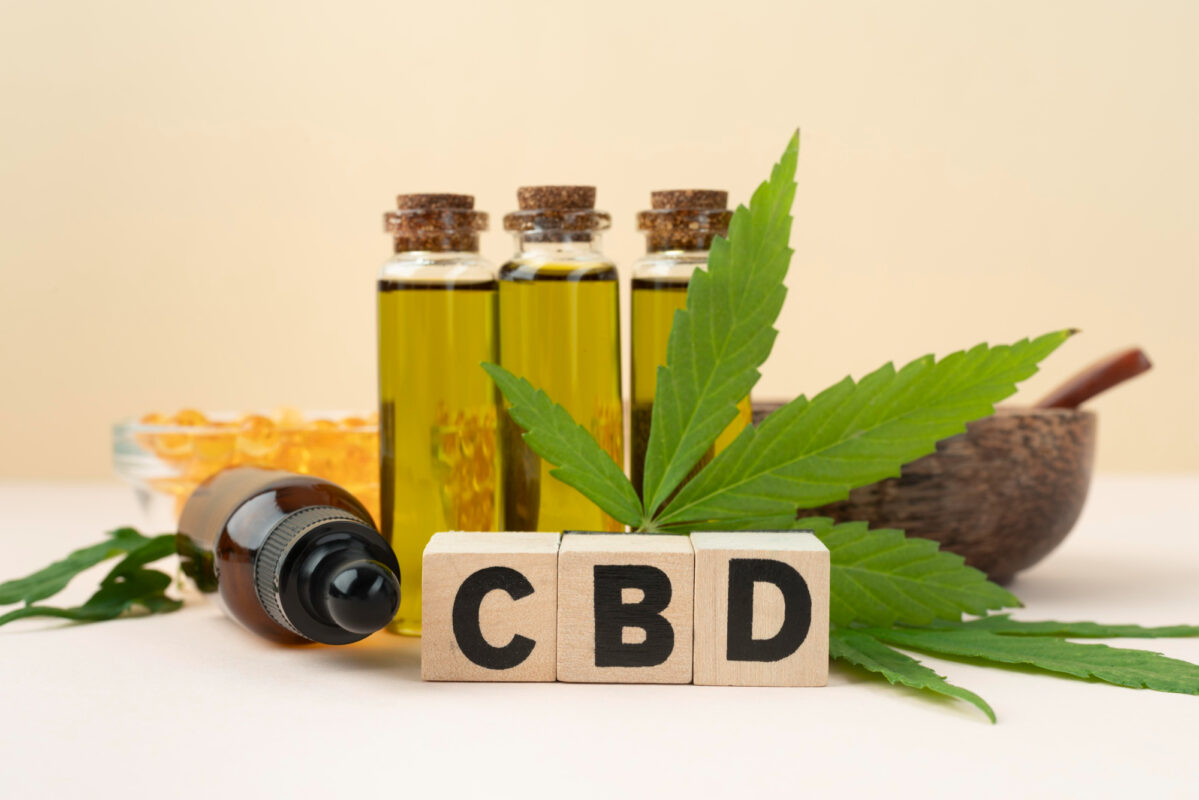
Industry Perspectives
The FDA’s stance on CBD in supplements impacts many businesses. Different sectors face unique challenges. Understanding these perspectives is crucial for navigating regulations. Manufacturers and retailers have distinct viewpoints.
Manufacturer Views
Manufacturers focus on quality and compliance. They aim to meet FDA standards. Ensuring product safety is a priority. Many seek clarity on regulations. Uncertainty can hinder innovation. Adapting to changes requires effort.
Production processes must align with FDA guidelines. This involves rigorous testing. Maintaining transparency is essential. Trust in products builds consumer confidence. Manufacturers invest in research. This supports safe, effective products.
Retailer Challenges
Retailers face hurdles in stocking CBD supplements. Regulatory ambiguity creates confusion. Choosing compliant products is essential. Avoiding legal issues is a priority. They need reliable suppliers.
Educating consumers is challenging. Clear information boosts sales. Retailers often navigate misinformation. They must provide accurate details. Building customer trust takes time. Effective communication is key.
Retailers adjust to changing rules. Staying updated is necessary. This ensures compliance with laws. They adapt to market demands. CBD’s popularity influences stocking decisions.
Future Regulations
The FDA explores new regulations for CBD in supplements, focusing on safety and labeling. Clear guidelines aim to ensure consumer protection. Understanding these changes is crucial for businesses and consumers alike.
The future of CBD in supplements is a topic that sparks curiosity and concern. The FDA’s evolving stance on CBD regulations could significantly impact how these supplements are marketed, sold, and consumed. As someone who’s navigated the CBD landscape, I know that clarity in regulations can make or break a business. Understanding what’s on the horizon can help you prepare and adapt.
Possible Changes
The FDA is considering stricter guidelines for CBD in supplements. This might include setting limits on the amount of CBD that can be included in products. They could also demand more rigorous testing to ensure safety and efficacy. Labeling requirements might become more detailed. You may need to provide clearer information about dosage and potential side effects. This change aims to protect consumers and ensure they make informed choices.
Industry Adaptations
As regulations shift, the industry must adapt quickly. Companies may need to invest in new testing procedures and compliance strategies. This could mean higher costs but also greater credibility and trust with consumers. Innovation might play a key role in these adaptations. Businesses could explore new ways to deliver CBD, such as through unique formulations or delivery methods. This could give you a competitive edge in a crowded market. How will these potential changes impact your CBD business or consumption habits? Preparing for regulatory shifts can position you ahead of the curve. Embracing change and focusing on transparency can help build a loyal customer base and ensure long-term success in the CBD industry.

Consumer Education
FDA states that CBD is not approved in supplements due to safety concerns and lack of scientific evidence. Consumers are urged to exercise caution and consult healthcare professionals before using CBD products. Understanding the FDA’s stance can help make informed decisions about CBD consumption.
Consumer education is a key focus of the FDA when it comes to CBD in supplements. As CBD products flood the market, understanding what you consume becomes crucial. The FDA emphasizes the need for clear, accurate information to help you make informed decisions.
Informing The Public
The FDA strives to provide up-to-date information about CBD supplements. They regularly update their website with details about approved products and potential risks. The goal is to empower you with facts so you can choose wisely. Public workshops and seminars are another way the FDA informs consumers. These events are opportunities to learn directly from experts. They cover everything from potential benefits to safety concerns. Have you ever read a label and felt confused? The FDA encourages clear labeling on CBD supplements. This means listing ingredients, dosage, and any potential side effects. Knowing exactly what’s in your product helps you avoid surprises.
Navigating Misinformation
Misinformation about CBD is rampant, often spread through social media and word of mouth. The FDA is committed to combating false claims and ensuring the public receives accurate data. They actively work to shut down misleading advertising and unverified health claims. As a consumer, it’s vital to verify the sources of your information. Trust only reputable websites and official health organizations. If something sounds too good to be true, it probably is. The FDA also offers resources to help you navigate misinformation. Their website provides tools to spot fake claims and report them. Taking advantage of these resources can save you from making costly mistakes. Have you ever wondered why some sources are more trustworthy than others? It’s all about the evidence. Reliable sources base their information on scientific research. This ensures what you read is backed by data, not just opinion. Educating yourself about CBD and staying informed is a continuous process. With the FDA’s guidance, you can confidently explore the world of CBD supplements, making choices that benefit your health and well-being.
Frequently Asked Questions
Are Cbd Supplements Safe?
CBD supplements are generally considered safe for most people. Consult with a healthcare professional before use. Possible side effects include drowsiness and dry mouth. Choose products from reputable brands to ensure quality and safety. Always follow recommended dosages and guidelines for optimal results.
Why Hasn T Fda Approved Cbd?
The FDA hasn’t approved CBD due to insufficient scientific evidence on its safety and effectiveness. Rigorous studies and clinical trials are needed to ensure its benefits outweigh risks. Until more research is conducted, the FDA remains cautious about widespread CBD approval.
Who Should Not Take Cbd Tablets?
Pregnant or breastfeeding women should avoid CBD tablets. People with liver issues or allergies to CBD must not take them. Consult a healthcare provider if taking medications, as interactions may occur. Always seek professional advice to ensure safety.
Is Cbd Safe For The Liver?
CBD is generally considered safe for the liver at low doses. High doses may cause potential liver damage. Always consult a healthcare professional before use.
Conclusion
CBD’s role in supplements remains under FDA scrutiny. Clear guidelines are essential. Consumers need accurate information to make informed choices. Current regulations highlight the need for safety and efficacy. Always consult healthcare professionals before using CBD products. Stay informed about updates from the FDA.
This ensures you use CBD safely and effectively. Responsible usage leads to better health outcomes. Watch for changes in regulations. They can impact product availability and safety. Keep learning and stay aware of new developments. Your health deserves careful consideration and informed decisions.
Related posts
How Fast Does CBD Cream 5000mg Work on Sore Muscles?
Menthol and CBD: A Dynamic Duo for Pain Relief
Delta-8 vs Delta-9 THC: Which One Is Right for You?
CBD Cream 5000mg: Powerful Relief for Pain, Muscles & Joints
CBD for Arthritis Pain: What You Should Know
CBD Creams: Made with Hemp Oil for Pain Relief & Joint Support
Understanding Oral CBD vs Topical CBD: Which Works Best for You?
How CBD Cream Supports Your Body’s Natural Balance
CBD Cream for Arthritis Joint Pain: A Natural Way to Find Relief
Is CBD Cream the Secret to Glowing, Healthy Skin?
How CBD Cream Works on Your Skin
CBD Cream Costs: Finding the Perfect Balance Between Price and Quality
Table Of Contents
Recent Posts
Products
-
 CBD Cream 5000mg – Extra Strength Pain Relief Topical Rated 4.83 out of 5$33.93 – $49.99Price range: $33.93 through $49.99 — or subscribe and save up to 25%
CBD Cream 5000mg – Extra Strength Pain Relief Topical Rated 4.83 out of 5$33.93 – $49.99Price range: $33.93 through $49.99 — or subscribe and save up to 25% -
 CBD Sleep Gummies 2500mg With Melatonin - 100 count Rated 5.00 out of 5
CBD Sleep Gummies 2500mg With Melatonin - 100 count Rated 5.00 out of 5$69.99Original price was: $69.99.$34.99Current price is: $34.99. -
 3000mg CBD Oil Rated 5.00 out of 5$29.90
3000mg CBD Oil Rated 5.00 out of 5$29.90 -
 CBD Gummies 500 mg - 21 Gummies Rated 5.00 out of 5$19.90 – $23.00Price range: $19.90 through $23.00
CBD Gummies 500 mg - 21 Gummies Rated 5.00 out of 5$19.90 – $23.00Price range: $19.90 through $23.00
